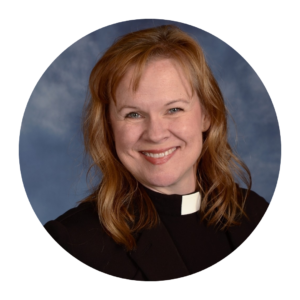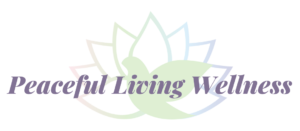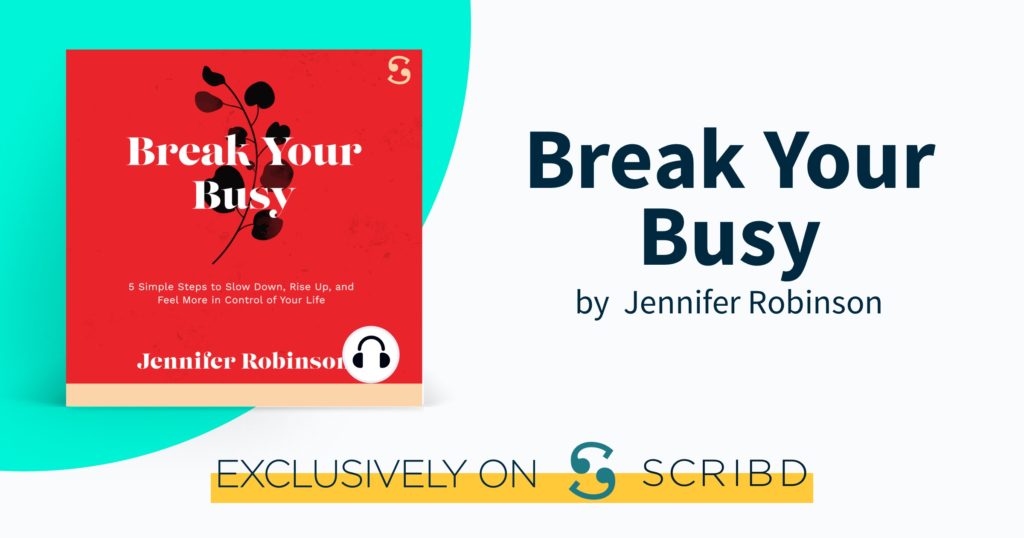Are You a Highly Sensitive Person?: Here’s How To Find Out: My childhood best friend enjoyed sports, downhill skiing, swimming far out into the ocean, and spending the day at amusement parks. I liked her so I went along with her to these things, but didn’t enjoy most of them. If she would only sit in the ski lodge with me and enjoy the gorgeous, snow-covered mountains from a space of warmth and peace.
But no, her idea of a good time was barreling down a slope where the gravity and cold seemed to me like enemies destined to destroy any chance at happiness. My idea of fun was to read, quietly play indoors, walk peacefully in nature, or cuddle with animals. None of those activities were stimulating enough for her. Once she took me to church with her family and while she sat bored, I was enraptured with the sense of spirituality in the room. It’s a wonder we were even friends. Our interests ended up taking us far away from one another.
She and I illustrate different types of people. Research psychologist, Dr. Elaine Aron, has classified and studied the Highly Sensitive Person (HSP). According to Dr. Aron and the research that has followed her work, 20% of the population are HSPs. We all either are one, or know one. This test can help determine if you are on that spectrum.
Being highly sensitive is not a neurosis or disorder. It does not make a person weak, bad, or inferior to the other 80% who are not highly sensitive. This classification simply highlights that our brains have different ways of processing information. If this describes you, you are not, as we have been told our whole lives, “too sensitive.” We do, however, have a set of defining characteristics. It helps us when we are aware of them.
The acronym DOES applies here:
D – Depth of Processing
HSPs process information very deeply. It is not that we are trying to be this way. We cannot help it. When I am around art, music, anything spiritual or religious, nature, animals, and people I process all I see and hear very deeply. I am easily moved to tears from sadness, love, or beauty. I startle easily and feel afraid during scary events like movies or Halloween sights much faster, and more deeply, than my friends and family.
O – Overstimulation
Because HSPs process everything so deeply, we can become overstimulated much faster than non-HSPs. I cannot be around bright lights, loud noises, or crowds for very long. This means I avoid gyms, concerts, bars, parties, malls, and traffic. It’s not that I will never go to these places; it’s that they are not my favorites, and if I go, it won’t be for very long. My list of “nevers” includes roller coasters, haunted houses, hang gliding, scuba diving, and violent (even action) movies. I don’t fault people who enjoy these things, but they are far too stimulating for me. I feel pain in my body when I engage in things like this. I also have to be careful with what I eat and drink. I eat a limited diet and have very little alcohol or caffeine.
E – Empathy
HSPs were born with an ability to feel what others feel. This makes it very easy for me and others in helping professions to be clergy, counselors, nurses, teachers, etc. I don’t remember ever having a conversation with someone and feeling like I did not understand their emotions. Sometimes I feel like I understand what is going on with people more than they seem to understand what is going on with themselves. I love being an empath, and many HSPs would agree.
S – Sensing the Subtle
HSPs perceive what some feel unable to perceive. I sense the spiritual world, and always have. I sense my parents around me, though they have both passed away. When I walk into empty rooms, I sense energy that has been left behind. This means that spirituality seems less like a matter of belief and faith, and more a matter of profoundly positive experience. I also often sense when people are upset, even when they are trying to hide it, when people are lying, and when people have selfish and harmful intentions. Sometimes walking through a grocery store feels like running into fifty emotional narratives.
Some aspects of life as an HSP are difficult. My husband, a non-HSP, can spend twelve hours at an amusement park, but I am finished there after four hours. I can’t accompany him on roller coasters and haunted houses, and I get cranky or physically sick in crowds, in sun, and in traffic. Like my childhood friend, he navigates the noisy and crowded world with more ease than I do. Thank God, he loves and supports me as I am.
I do like other aspects of being an HSP. I sense God in a way that I have learned is not a universal experience. Prayer and meditation are extremely rewarding and I have a rich inner life. I was never bored during the Covid lockdown, because I don’t need a crowd or an activity out “in the world” to feel stimulated and happy. Simple pleasures like cooking, playing with my dogs, sitting in my backyard, and talking with people over Zoom are enough. (This is not the same as being an introvert, although it is said that approximately 70% of HSPs are introverts. I am an extrovert, but it doesn’t take much for me to find energy being around people. A phone or Zoom call is enough.) I absolutely love people and can perceive their inner beauty, as I have learned is a common HSP experience.
If you find you relate to this, and maybe are an HSP yourself, these tips might help you. If you know an HSP, please keep these in mind as they apply to some of your loved ones:
Tip #1 – Accept yourself for who you are.
Dr. Elaine Aron says there are two kinds of people in this world: kings and warriors who get things done, and their spiritual advisors who remind them of wisdom and truth. We need both. We need the politicians and the poets, adventurers and artists, warriors and wise souls. If you are a non-HSP, the world needs your bravery and strength. If you are an HSP, the world needs your ability to see into situations and remind people of the subtleties.
Tip #2 – Recognize when you are overwhelmed and take care of yourself.
You might be overwhelmed from the outside (bright lights, loud noises, crowds, a change in routine) or from the inside (stress, worry, grief, anger, negative thinking). Recognize that when you’re not feeling well, there is a good chance you are overwhelmed. Recognize this early and do something about it. Pull away to a quiet, minimalistic space. Be alone and still. Read, sleep, or do another calm activity that quiets the sense of overwhelm and brings you back to your center.

Transformative COURSES & WORKSHOPS that make integrating peaceful living, health and wellness easy, fun and affordable.
Tip #3 – Recognize when you have been busy using your empathic skills and might need to pull away from that.
An HSP can empathize with others all day, every day, but they will end up exhausted. They must take time to let go of the cares of the world, their best friends, their clients, patients, and parishioners. They will be no good to themselves or the many others who depend on them if they don’t actively disengage from their empathic activities from time to time.
Tip #4 – Find peaceful activities that you enjoy.
I choose exercise with a walk in nature over a gym full of people. I choose to meet one or two friends for lunch over a loud party. I choose a quieter restaurant over a loud concert. There are plenty of fun things to do, and it doesn’t take much for an HSP to have a really good time.
Tip #5 – Find other HSPs who understand and support you.
They are out there as 20% of the population. Find a friend, therapist, coach, or pastor who can help you understand and work with your innate personality. You deserve to not be told you are “too sensitive” but to be shown your own beauty and goodness. This world is lucky you are in it!
My childhood friend was wonderful just the way she was – and so was I. It’s a big world, and there is plenty of room in it for all types of people. Each of us have gifts we can offer to others and each of us have ways we can learn to live a life of absolute joy.

STEPHANIE LAPE
Stephanie Lape is a pastor in the Evangelical Lutheran Church in America (ELCA).
She holds a Master of Arts degree in Transpersonal Psychology (the psychology of religious experience) from the Institute of Transpersonal Psychology, and a Master of Divinity degree from Luther Seminary. A long-time professor of comparative religions and former campus minister, she now serves as pastor at Eden Lutheran Church in Riverside, California.
Stephanie speaks and teaches on matters of spiritual and psychological development, biblical studies, the enneagram personality tool, and comparative religions. She is an active advocate for interfaith and ecumenical studies. She has taught classes on major religious movements in churches, schools, and city programs, while also leading tours and guest speaking at mosques, synagogues, and temples. Stephanie is honored to be a speaker at the 2021 and 2023 Parliament of the World’s Religions.
She also loves to write. Stephanie is a contributing author for Living Lutheran Magazine and author of Beckoned: Hearing God’s Call to Deeper Faith, which is both a travelogue of her own winding spiritual journey, as well as a guide to help people discover their own path. She lives with her husband and two children in Southern California.



